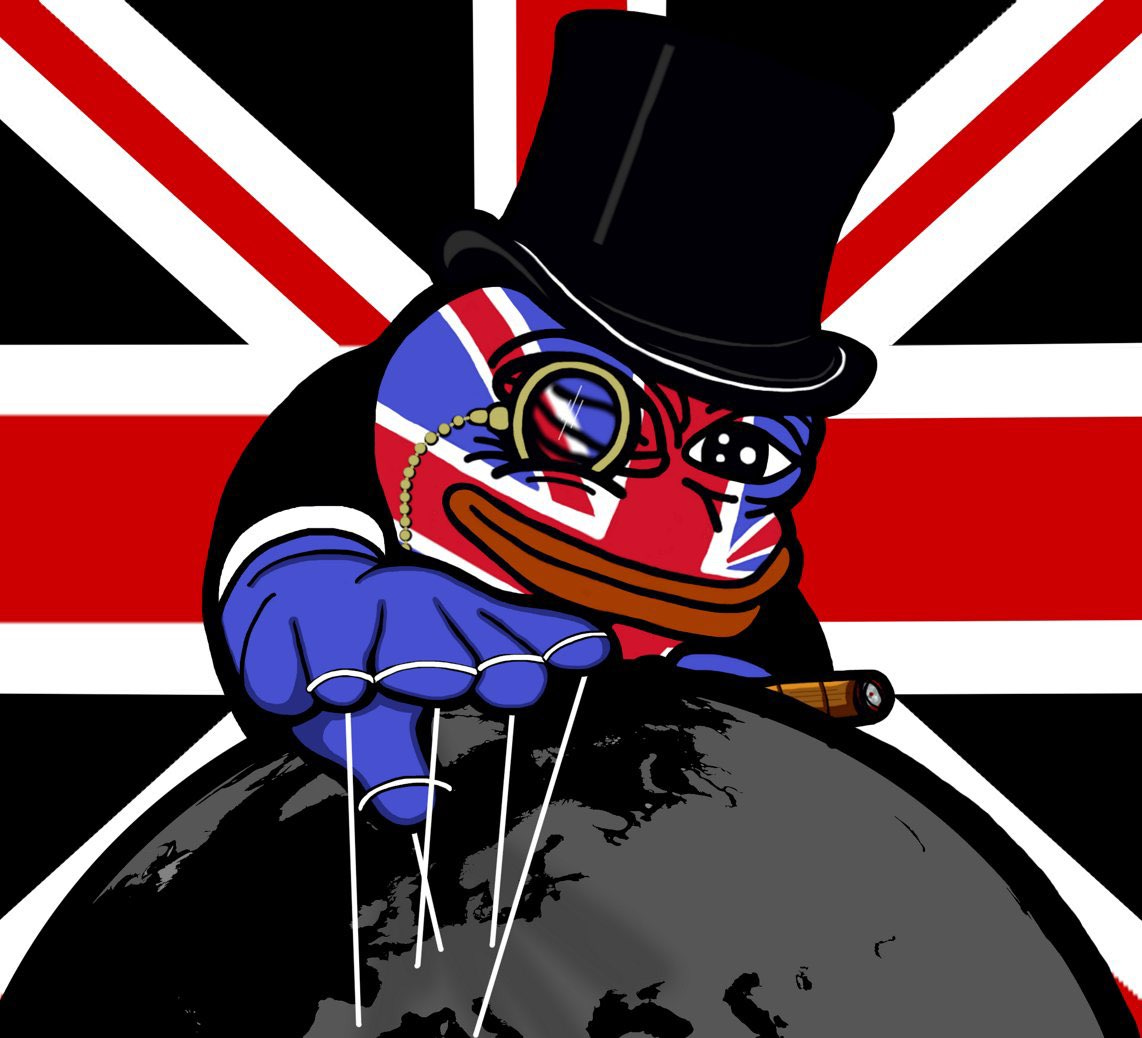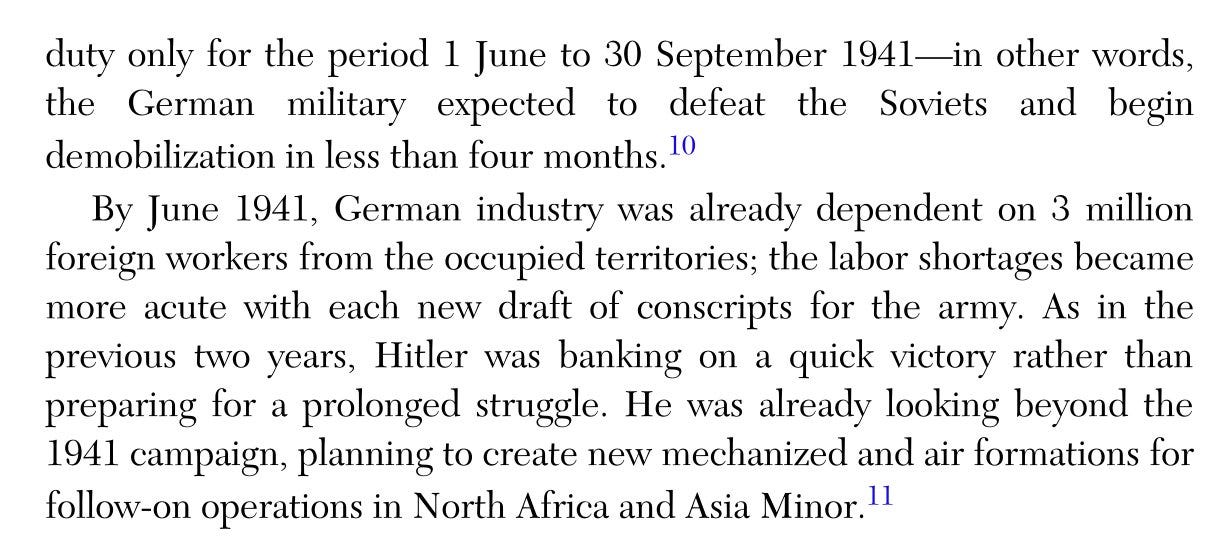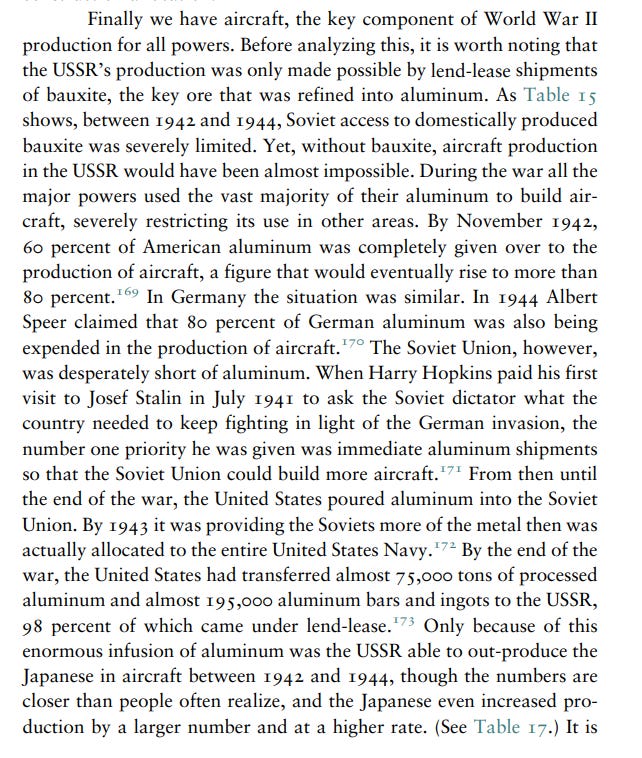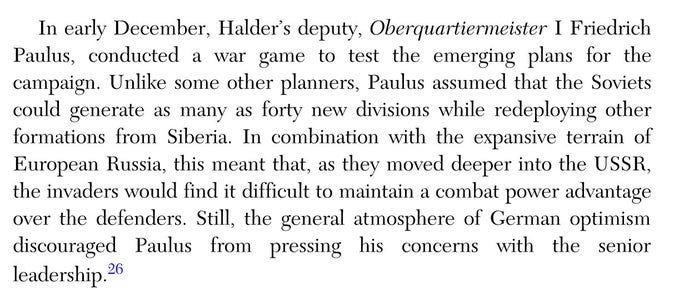Two weeks following the NSDAP’s invasion of the Soviet Union of June of 1941, Prime Minister Harold Macmillan1 had withstood a third vote of confidence from the Churchillian faction within the Tory party allied to Soviet sympathetic members of Labour. McMillian’s political cache had dropped to precipitous lows after taking over as Conservative leader upon Chamberlin’s death in November 1940 - Churchill had accused him of promoting “peace for our time, war for our children, and more war for our grandchildren.” Yet Macmillan’s support was wider and deeper than many of his opponents suspected within the Unity Government. By maintaining the policy of “peace for our time”, he had garnered tacit support from the British Union of Fascists, while his Keynesian and industrialist leanings mollified the moderate MPs among the Labour Party. Macmillan had held onto power by the skin of his teeth. His messaging repeatedly emphasized the fragility of the British position in what he called the “great game of the titans”, the machinations of the United States, the Soviet Union, and National Socialist Germany.
As Hitler launched his crusade against Bolshevism,2 Macmillan struck back at his detractors in a Commons Speech later known as the “The Shield, the Dove, and the Sword” address. It depicted the figure of Britannica confronting “the tumult at hand.” In it, he pointed to the enormous buildup of matériel by the British Army in the South of England, the tripling of the Royal Air Force since 1939, and the growing power of the Royal Navy, now deployed to Malta, Crete, Cyprus, Iceland, Gibraltar, Portugal, Greenland, the Faroe Islands, and the Suez. The RAF concentrated bomber squadrons in the Mediterranean, Levant, and Middle East to threaten, if necessary, Soviet or German controlled oil fields. These military installations encircling Europe, buttressed by the Royal Navy’s control over sea lanes, was Britain’s “argument of last resort.”3
But a shield was not enough. Macmillan warned Britain could no longer treat Europe as the determinative site of competition. Playing the balancer for the continent wasn’t realistic. Britain’s decline from 19th century preeminence behooved it to balance between its three principal competitors. The United States, and to a lesser extent Japan, obliged a reconceptualization of British statecraft. If the US could intervene in British affairs in Europe, and Japan intervene in China and the Pacific, then Britain could no longer maintain the “splendid independence” of great power status by winning continental conflicts. The dove no longer represented “peace for our time”, but one which waged “peace for Britain while the world wages war.” It is only since the release of the Halifax Communiques in 2002 that historians have accessed what “waging peace” meant behind the curtain of official neutrality. In July 1941, the vast British intelligence network in America had detected the preparations by the Judeo-communist sympathetic faction within the New Deal Regime for entry into the European conflict. Halifax relayed these findings back to London, and was dispatched forthwith to the Oval Office with a blunt warning. Britain would regard any US intervention in Europe as an act of war, and would align with Germany and Japan against the United States. Conterminously, Britain opened new lines of communication with Japan, agreeing to supply embargoed goods in exchange for “aligned neutrality” with Britain. This had strengthened the hand of the Anglophile faction within Japan associated with the navy, which was modelled after Britain’s own. In real terms, the “dove” was the “shield of the shield.” It preserved Britain’s threat of uncommitted military potential, and bought it space for technological and numerical growth.4
Yet the shield and the dove were intermediate strategic assets, or more accurately, intermediate solutions before the third leg of the triad arrived. Britannica must “find within herself once again the will of the naval-industrial state.” “The Saxon”, Macmillan reminded his audience, meant “the people of the knife.” The greatest knife of all was the Royal Navy’s control over sea lanes facilitated by the the vast chain of bases strung across the British Empire, not least the homeports of the Dominion Navies, the fleets of which had also grown by up to 30% by 1941. It was at this conceptual juncture the delicate line Macmillan tread became most apparent. He condemned the the “siren song of Jingoism to which British boys marched to their deaths in the Great War.” “Never again”, he averred, “must a British cabinet mistake martial array for the essence of strength.” In the last instance, “the sword” was those systems from which military power itself derived. Britain would win the long game by revolutionizing its economic organization. The enabling factor would lie in the empire itself, reconceived not as dominion but a system on a planetary chessboard.
By the new years of 1941, the first private loans underwritten by the Treasury were issued to Australia, South Africa, and Canada for the construction of factories in each Dominion. Public private fusion provided a Keynesianism stimulus through wage increase. The imperial system could provide cheap commodities and cheap energy, introducing concrete value to match the influx of Pounds Sterling. Increased consumer spending in the Dominions sent a demand signal for high value-added products from the Home Isle, which in turn, reconcentrated in London’s financial markets. Production focused on military build-up and infrastructure development to give the tax base and local capital markets time to prepare for absorbing more manufactured goods.
Oswald Mosely was sent abroad to appeal to the “common destiny of the British race.” In order to politically integrate the increased importance of the Dominions, Parliament passed the “New Acts of Union (1943), the most significant renovation of Parliament since the Scottish and English Parliaments combined in 1707. Westminster would receive a new “middle house”, the Imperial Chamber elected by voters on the British Isles and and Dominions: South Africa, Australia, New Zealand, and Canada.5 The Imperial Minister (IM) ran His Majesty’s Imperial Government, the majority IMPs of which controlled the War Office, Foreign Office, Indian Office (appointed), Treasury, and Trade Ministry. The lower house governed local affairs, as did the Dominion Governments.
So it was that Macmillan became the first Imperial Prime Minister, a man whom fate shaped for its own devices. By the time Soviet-German War ground to a stalemate in Moscow in in the winter of 1944, real British GDP growth experienced an annual, consecutive growth of 8%. Intensive investment in science and technology produced the first frontline squadron of Gloster Meteor jets and the atom bomb by new years of 1944, one year before America and Germany. A British nuclear demonstration over Russia’s remote tundra forced the peace of the Lisbon Conference in 1945 along the Kursk Demarcation Line (KDL).6 The USSR, resupplied by the United States7, posed a source of permanent insecurity to the Reich’s eastern frontier.8 Concerned by the frozen conflict to his East, hemmed in to the West by the Royal Navy, and and contained in Eurasia and the Caucasus by British control over Iraq, Iran, Suez, and the Levant; Hitler was forced to sign favorable trade terms for his European Empire with Britain. The United States remained powerful in the Western Hemisphere, but dared not venture to exert its influence past European Russia.
The British Empire occupied the role of a global balancing power, courted by all, but answerable to none. Westminster, revived and reconstituted, turned its attention to the “factors of American primacy.” It is at this point we must turn to the biopolitical program of the Macmillan era, the so-called “selective breeding” miracle that expanded by Empire’s Anglo-Saxon population to 130 million by 1970, and raised the average IQ by 3 points per generation.
One has to understand the entire generation of British political elites were utterly incapable of dealing cogently with reality, with Chamberlin’s faction the least delusional and Churchill the most. Since I didn’t want to distract from the exploration of realpolitik options at the time with a “fascist” wish fulfilment fantasy, I demoted Mosely to a PR ambassador from the centre to the right, much like Mussolini’s employment of Evola to liaise with hardline German elements. Mcmillan was the least implausible option.
















